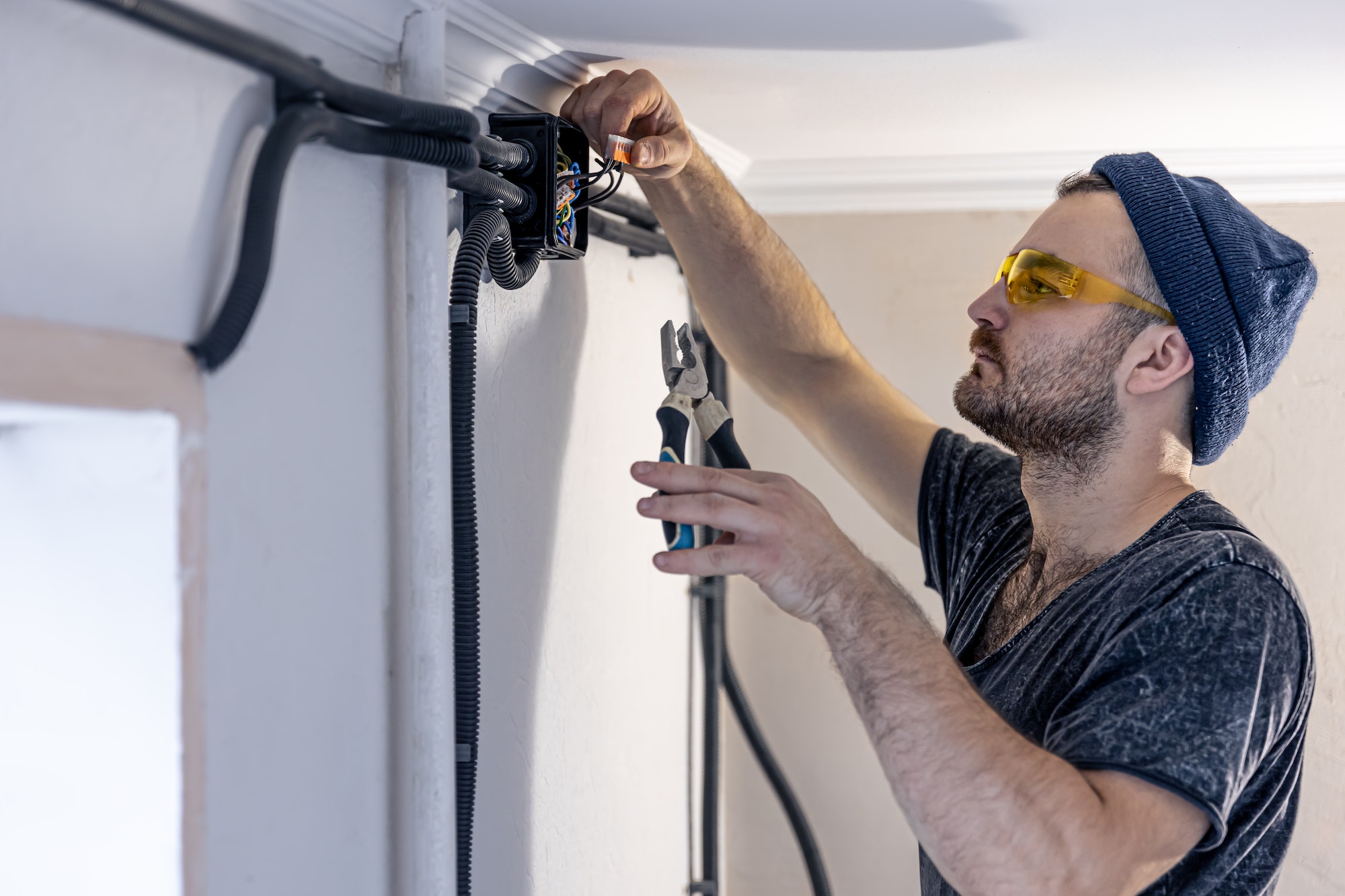Managing a rental property is one of the most efficient ways to build wealth over time, since it allows you to collect rent in excess of your ongoing monthly expenses, and when you’re ready to move on, you can probably sell your home for a profit. Add to that the fact that you can multiply your revenue by adding multiple properties to your portfolio, and you can see why it’s such a popular financial strategy.
Of course, being a landlord is much harder than this hypothetical scenario illustrates. If you’re going to be successful, you’ll need to carefully plan your strategy, and remain adaptable.
Important Tips for New Landlords
Follow these tips as a landlord to increase your chances of success:
1. Be patient when searching for a property
It’s common for new landlords to be eager to pick up their first property, so they can start making money. However, it’s far more important to choose the right property. If you invest prematurely and buy a property incapable of yielding positive cash flow, you’ll be stuck in a bad situation. Instead, remain patient, and wait for the perfect opportunity.
2. Hire a property management firm
Many new landlords underestimate the amount of time it takes to manage a property successfully, from screening tenants to conducting maintenance and collecting rent. That’s why one of your best options is to hire a property management company. These firms take care of most of the regular upkeep on your property in exchange for a portion of your revenue. You’ll lose some profitability, but you’ll save a ton of time—and rest assured your property is being managed professionally.
3. Screen your tenants carefully
Next, screen your tenants very carefully. Again, it’s tempting for new landlords to fill a vacancy as quickly as possible to establish a stream of revenue. But it’s much better to be cautious, and only accept tenants who meet your minimum criteria. Good tenants who stick around are far better than tenants who are frequently late with payments, or those who will leave in a short span of time.
4. Invest in tenant retention
If you keep tenants happy, they’ll be more likely to remain. Vacancies are cash flow killers, so it’s important to invest in tenant retention. Small gestures, like waiving late fees, improving the property, and sending cards for holidays can all make tenants happy to stick with you longer.
5. Keep making property improvements
Speaking of improvements, commit to upgrading your property regularly. These don’t have to be major renovations or overhauls; even small improvements can make an impact in retaining current tenants, attracting future tenants, and increasing the overall value of your property.
6. Think carefully about your policies
As a landlord, you’ll have significant control over the policies you enact and enforce in your property, and each policy will have pros and cons. For example, will you allow pets? It could open the door to more potential tenants, but may also make your property more vulnerable to damage.
7. Consider extra income opportunities
Rent is the primary form of revenue generation in a rental property, but don’t neglect alternative forms of income generation. For example, can you install vending machines or coin-operated laundry machines? Can you charge for extra storage or parking? These can help you make more money and make life more convenient for your tenants at the same time.
8. Start small and expand
Most landlords benefit from starting small—that is, starting with a single, simple property rather than immediately turning to an apartment building or an entire portfolio of property holdings. This will minimize your risk and give you the chance to build experience. Once you feel more confident, you can begin expanding.
9. Become familiar with local laws
Housing laws vary by area, and often dictate what you can and can’t do as a landlord, as well as what your responsibilities are. Some basics are the same everywhere—for example, you can’t discriminate against tenants—but it’s still your responsibility to learn and become familiar with these laws so you can follow them exactly.
10. Have a plan for repairs
Finally, have a plan to make repairs. Even high-quality, new buildings are going to have issues eventually. Do you have contractors and handymen who can help you fix these issues as they arise? Do you have an emergency budget you can use to afford the repairs?
Learning and Improving
Few landlords and property investors are successful from the outset; instead, investment property success is typically the byproduct of experience. Remain committed to learning from your past mistakes and improving your approach over time. It’s going to be an iterative and gradual period of growth, but it’s the most reliable way to be effective.
Discover more from Futurist Architecture
Subscribe to get the latest posts sent to your email.




